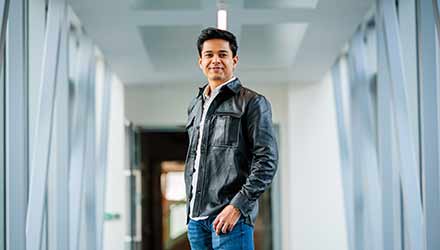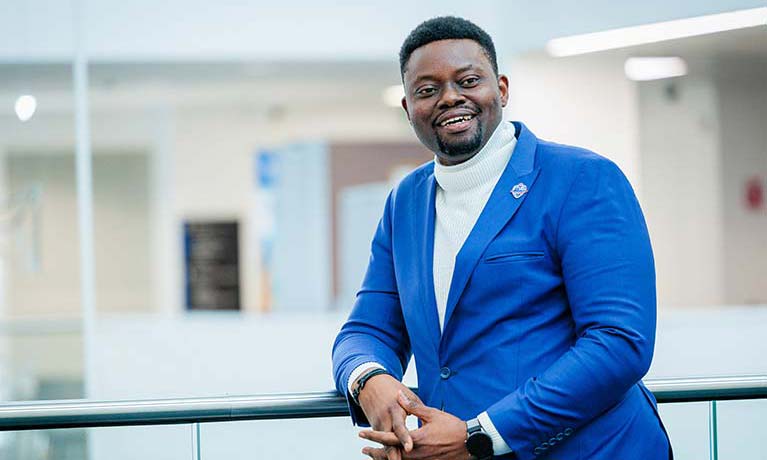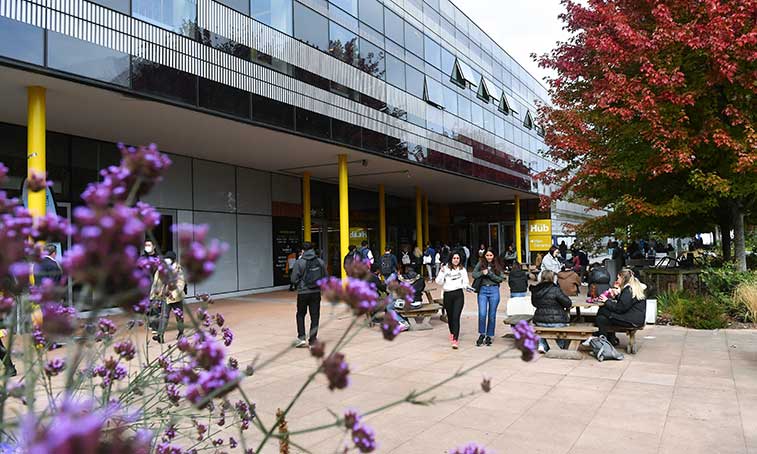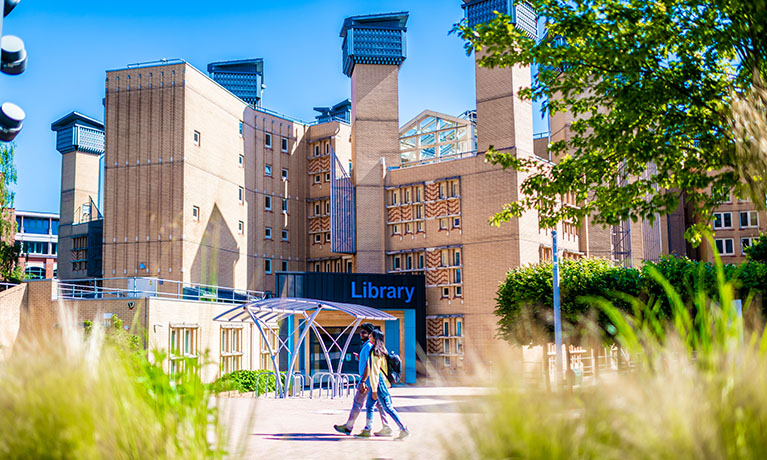Our London campus sits in one of the biggest financial markets in the world - the City of London.
Why study a postgraduate course at Coventry?
Ranked 1st for Skills Development
Postgraduate Taught Experience Survey (PTES) 2025
Ranked 3rd for Teaching
Postgraduate Taught Experience Survey (PTES) 2025
2nd in UK for International Student Diversity
QS Europe University Rankings 2025
Ranked 4th for Overall Satisfaction in PTES
Postgraduate Taught Experience Survey (PTES) 2025

What type of master’s degree is right for me?
Read our guide that explains the different types of master's degrees including conversion courses.
Explore your options
Funding, scholarships and tuition fees
We’ve listed lots of useful information about the fees you can expect to pay and the different types of funding options available.
Fees and funding
Build your ultimate career
If you continue to study with us after you graduate you can take advantage of our alumni discount on tuition fees along with a range of other benefits exclusive to our alumni.
Explore our fast track application process
An international university
When you come to Coventry you are joining a truly global university. With 13,000 international students studying with us, we have welcomed students from over 150 countries.
Explore more










